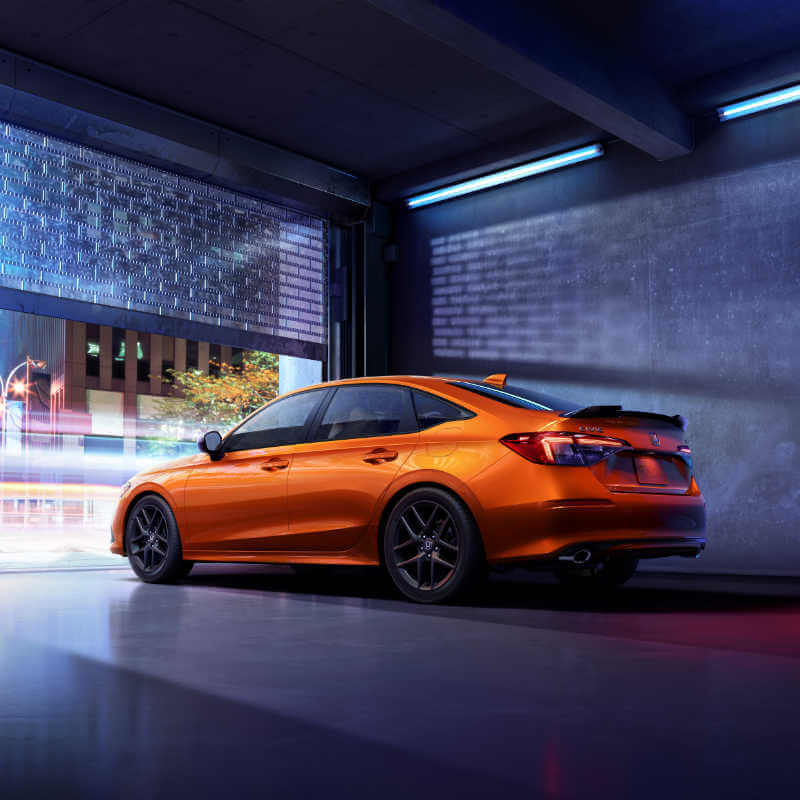Plan to increase popularity of electric cars stalls over subsidy snag
No electric car that is available now, or for at least the next two years, will qualify for government grants of up to £5,000 announced yesterday.
Even the handful of concept cars currently being tested may be ineligible because ministers insist that they will only subsidise cars with “mass market appeal”, in terms of range and speed.
The RAC Foundation questioned the effectiveness of the grants and said there could be greater environmental benefits from encouraging more efficient petrol and diesel engines. A spokesman said: “Green initiatives should not be introduced for the sake of grabbing headlines.”excited when it arrived but the first time I tried it out it would not go up a hill’
The electric car strategy is the latest in a number of green pledges that critics say are more spin than substance. Ministers promised to improve the energy efficiency of a million homes this year but many will only be getting low-energy light bulbs. The Government has also set a target of 35 per cent of electricity to be generated from renewable sources by 2020, but the current level is only 4 per cent and investment in wind farms has fallen sharply.
The Department for Transport said it was still debating the minimum standards for electric cars, including range, speed and safety, which vehicles would have to meet to qualify for grants. Retailers of existing electric cars, such as the G-Wiz, fear the announcement could cause a collapse in sales, as drivers planning to switch to an electric car delay buying in the hope of getting a grant in the future.
Lord Mandelson, the Business Secretary, said that the Government wanted to put electric cars “into the reach of ordinary motorists by providing help worth £2,000 to £5,000”.
However, it emerged later that the Government did not know when the first eligible car would go on sale. The DfT said it was assuming that the first ones would be available from “2011 onwards” but it would be up to manufacturers to decide precisely when.
Lord Mandelson and Geoff Hoon, the Transport Secretary, marked the announcement of the strategy by test-driving an electric Mini at a racing circuit in Fife. However, BMW, which makes the Mini E’s electrical system in Munich, said that it had no plans to sell the car in Britain.
The company intends to start a trial this year involving no more than 40 Mini Es in London and the Thames Valley. Participants will have to pay about £550 a month to lease a Mini E, three times the lease rate of a petrol-powered Mini Cooper. They will be unable to carry more than one passenger because a huge battery occupies the back seat and it has a range of only 150 miles before it needs recharging.
The Vauxhall Ampera, based on the Astra, may be the first electric car eligible for a grant but it is not due to go on sale in Britain until 2012 and is likely to cost more than £20,000. Even with a £5,000 grant, drivers would still be paying a substantial premium on the £12,000 cost of a conventional Astra.
The Government declined to set a target for the number of electric cars it wants to see on the roads, unlike Germany which wants a million by 2020.
The strategy says it expects numbers “to rise to the thousands in the early part of the next decade”. To put this in context, more than two million cars are sold in Britain each year and there are 27 million on the road. Sales of electric cars halved last year to 179, down from 397 in 2007.
Nigel Wonnacott, a green-car analyst, said: “This strategy could be the final nail in the coffin for the current crop of electric city cars as buyers hold out for models from mainstream car makers. But there’s no guarantee that any will be on sale come 2011.”
The DfT said £230 million would be available over several years for electric car grants and another £20 million for roadside charging points. A Nissan spokesman said the investment in charging points could be inadequate. “The Government have been very woolly in what they have said. People are not going to buy electric cars if they can’t plug in and recharge at their destination,” he said.
A DfT spokeswoman said the G-Wiz and Mega City were not eligible because they were classified technically as quadricycles, not cars. “We will be discussing the details of the scheme and eligibility rules with the car industry over the coming months.”
Sourced via business.timesonline.co.uk








